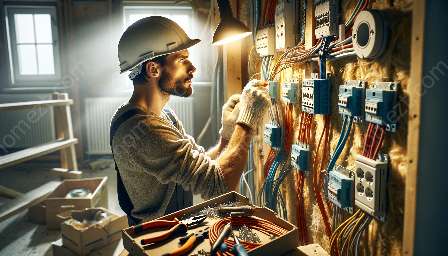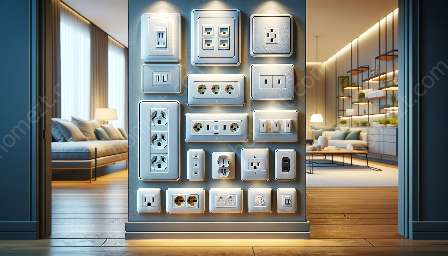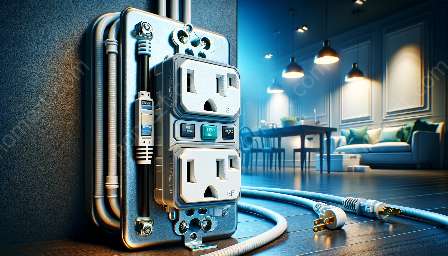Electrical grounding is a crucial aspect of home improvement and is essential for maintaining a safe and functional electrical system. In this article, we will explore the concept of electrical grounding, its importance in the context of electrical safety, its benefits for your home, and practical tips for proper installation and maintenance.
The Basics of Electrical Grounding
Electrical grounding provides a pathway for electrical currents to flow safely into the earth, preventing the build-up of excess voltage and reducing the risk of electrical hazards. It is a fundamental safety feature in modern electrical systems, protecting both people and appliances from potential harm.
Importance of Electrical Grounding
Proper electrical grounding is crucial for preventing electrical shocks, fires, and equipment damage. Without proper grounding, electrical faults and surges can pose serious safety risks, including electric shocks and the potential for electrical fires. By providing a low-resistance path for fault currents, grounding helps to ensure that excessive electrical energy is safely directed away from the electrical system and its surroundings.
Benefits of Electrical Grounding
Implementing effective electrical grounding offers several key benefits for homeowners. It helps protect sensitive electronic equipment from damage caused by power surges and lightning strikes. Proper grounding also enhances the effectiveness of circuit protection devices, such as circuit breakers and fuses, by providing a reliable path for fault currents to trip the protective devices.
Installing and Maintaining Electrical Grounding
When planning a home improvement project or working on electrical installations, it’s essential to ensure that the electrical system is properly grounded. This process typically involves connecting the electrical wiring and equipment to a grounding electrode system, such as ground rods or metal water piping, to establish a safe path for fault currents to dissipate.
Regular maintenance of the grounding system is crucial to ensure its ongoing effectiveness. Inspections, testing, and potential upgrades should be performed by qualified electricians to ensure that the grounding system meets safety standards and local building codes.
Conclusion
Understanding the principles of electrical grounding is essential for any homeowner seeking to enhance the safety and reliability of their electrical system. By implementing proper grounding practices and staying informed about the latest industry standards and regulations, homeowners can enjoy a secure and efficient electrical setup for their home improvement projects.































